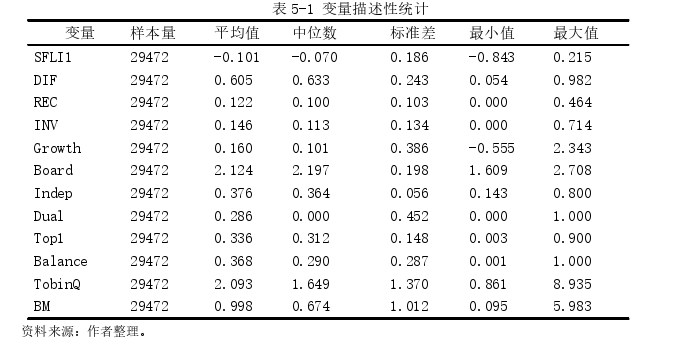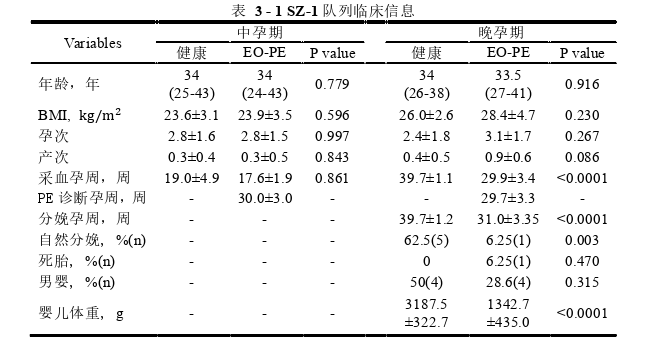
财务管理模式论文参考文献格式模板「优选参考」
发布日期:2025-03-18 编辑:lgg0520
财务管理模式论文参考文献格式模板怎么写?参考文献反映研究工作的背景和依据,向读者提供有关信息的出处,论著具有真实、广泛的科学依据,表明作者尊重他人研究成果的严肃...

高级财务管理论文参考文献格式「优选参考」
发布日期:2025-02-15 编辑:lisha0712
高级财务管理论文参考文献格式怎么写?大学毕业前写的论文都样式要求、写作标准规定,那我们在写论文参考文献时,有哪些需要注意的呢?下面我们为大家提供了高级财务管理...

企业财务管理硕士论文参考文献格式范例「模板分享」
发布日期:2024-07-26 编辑:lisha0712
企业财务管理硕士论文参考文献格式范例该怎么写?写论文考验的是大家的文献查阅、阅读、分析、整理能力,更考验的是写作框架、研究方法、论证的能力。本文为大家提供了8...

企业财务管理硕士论文参考文献引用格式「精选推荐」
发布日期:2024-07-25 编辑:lisha0712
企业财务管理硕士论文参考文献引用格式怎么写?论文由题目、摘要、目录、引言、正文、结论、参考文献等部分组成,写好论文考验的是一个学生的综合能力水平。这里为大家提...
















































